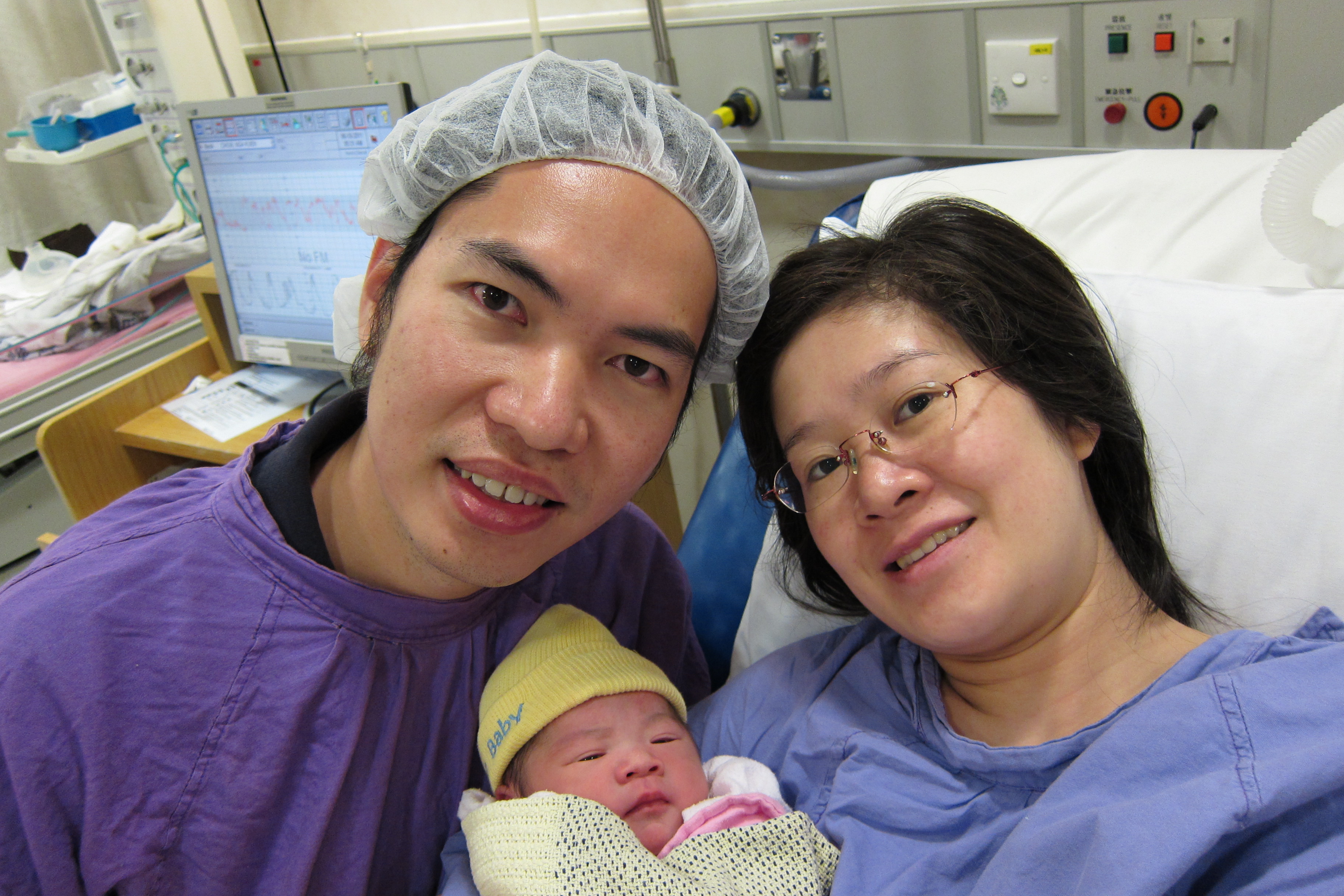Another former Gurkha, Madan Limbu, who is now a controller in a security company, agrees with Thapa.
But the options for other members of the Nepalese community in Hong Kong, most of whom are the children and grandchildren of ex-soldiers, are more limited.
Although most of the Gurkhas aged 60 or above have chosen to return to their homeland or move to Britain, there has been a trend for younger Nepalese to come back to Hong Kong. The population is still small, around 0.2 percent of the population, mostly concentrated around the Shek Kong and Yau Ma Tei areas where the barracks used to be.
However, government figures show a significant increase in the Nepalese population from 1990 onwards. The increase can be attributed to a policy that children born to Gurkha soldiers in Hong Kong before January 1983 automatically acquired first the right to land and later the right of abode in Hong Kong.
Hong Kong offers better job opportunities than Nepal and many young Nepalese who come here do so in the hope of finding a better job, starting a small business and achieving a better standard of living.
Dewan Padam, a 31-year-old Nepali, was born in Hong Kong but returned to Nepal when he was three. He came back when he was 19 to look for work. Padam is now a successful restaurateur. Like Padam, Ganash Rai is also the son of a former Gurkha. The 23-year-old was also born in Hong Kong but was then sent first to Nepal and then to study in India. He came back to Hong Kong when he was 10. After a succession of jobs, some of them in the food and beverage field, Rai is now a financial consultant.
Both Rai and Padam are satisfied with their lives in Hong Kong but they recall the culture shock and language problems they encountered when they first arrived. Rai says one of the reasons he did not study hard at secondary school was because he saw Nepalese did not have many job opportunities. Despite their growing numbers, the Nepalese in Hong Kong still face problems seeking work and education.
“I think people still have the concept of taking us, ethnic minorities, as cheap labour or lower class,” says Rai.
Despite managing to move away from the food and beverage industry, Rai says most members of ethnic minorities still work in the field. According to government figures, nearly 50 per cent of Hong Kong’s Nepalese population are unskilled labourers who earn less than $10,000 a month.
Khatiwada Ganga Kuman, a member of the Far East Overseas Nepalese Association of Hong Kong (FEONA), says non-governmental organizations (NGOs) are trying to change the situation. They are encouraging South Asian people to apply for white-collar jobs instead of limiting themselves to stereotypical manual and unskilled work, such as construction or working as a security guard.









































